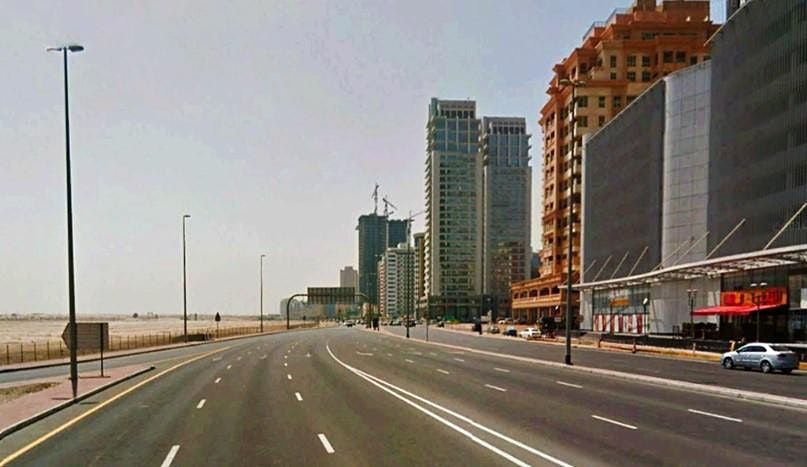
About this Event
The Intergovernmental Panel on Climate Change (IPCC) has identified the significance of cities and transport infrastructure in understanding the impact of climate change, adapting to, and mitigating the effects of, higher global temperatures. The way that we design cities and their road infrastructure networks is hugely important for how we tackle this problem.
This seminar from CIHT Dubai, held in a hybrid format in-person at the University of Wollongong in Dubai and in parallel via online participation will consider the problem of urban road design in hot climates from the perspective of three related questions.
The first question addressed in this seminar is the quantitative measurement and monitoring of the extent of the problem through the use of data and urban analytics. Over 400 cities across the world are impacted by extreme temperatures, and this is documented as the Urban Heat Island effect. Part of this effect is due to city material albedo. Roads in particular are a darker colour than their surroundings and so they absorb and retain more heat which compounds the problem. The quantification and understanding of this effect is the first stage towards adaptation and mitigation.
The second question that will be addressed is adaptation. Given that temperatures are increasing, what design approaches can be used to improve the performance of road infrastructure, particularly focusing on the material properties and behaviours of roads? The incorporation of recycled plastics into road materials has been shown to improve their engineering properties under high temperatures. As recycled plastic is being used to replace some bitumen this approach also reduces fossil fuel consumption. Moreover, the enhanced material properties of modified bitumen have a direct impact on the long term behaviour of roads, resulting in cost-effective design alternatives.
The third question this seminar will address is mitigation. Can we use design approaches to reduce the temperatures of hot cities and so mitigate effects of warming? The incorporation of reflective cool surfaces in cities can save energy, save lives, enhance human comfort, improve health and equity, strengthen the electric grid, promote clean air, grow local economies and reduce the effects of climate change.
Road and urban infrastructure designers have an important role to play in measuring and monitoring temperatures in cities, using material design to adapt to climate change and using science to mitigate the effects, particularly within high temperature cities. This seminar will explore all these issues, suggest ways forward and drive further professional debate and discussion on sustainable and innovative solutions.
The Seminar will be led by Dr Stephen Wilkinson, Associate Professor at the Faculty of Engineering and Information Sciences at the University of Wollongong in Dubai and will consist of a panel of three speakers and presentations, followed by questions and a discussion. The speakers are:
Alan Wildes – CIO, FortyGuard, UAE.
Deepthi Mary Dilip – Assistant Professor, Birla Institute of Technology & Science, UAE.
Maria Koetter – Executive Director, Global Cool Cities Alliance, USA.
Event Venue & Nearby Stays
University of Wollongong in Dubai (UOWD), INTERNET CITY, Dubai, United Arab Emirates
USD 0.00
